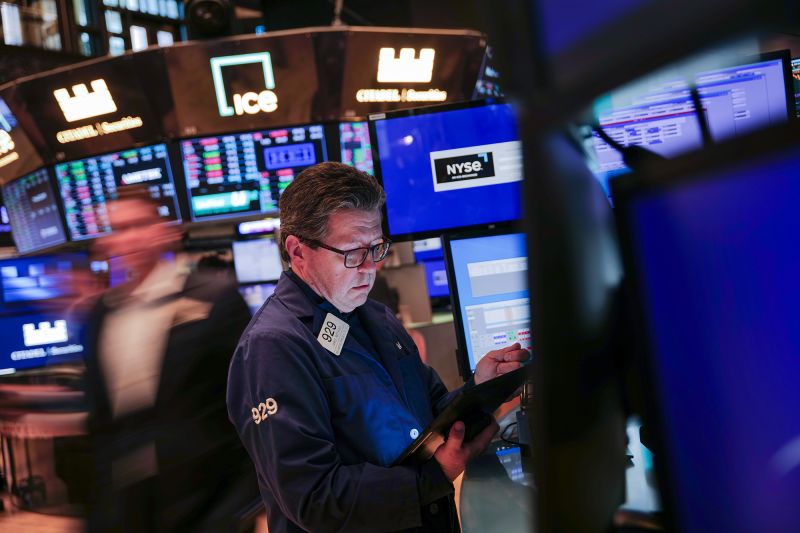
Stock Market Takes a Hit as Trump’s Comments Fuel Recession Fears
Stock Market Takes a Hit as Trump’s Comments Fuel Recession Fears
Alright, let’s talk about what just happened on Wall Street. The stock market had a rough day, and investors are feeling the heat. The Dow Jones Industrial Average plummeted by nearly 900 points, marking one of the worst trading days of the year. The S&P 500 also saw a significant drop, losing around 2.7%, while the tech-heavy Nasdaq took the hardest hit, plunging by 4%. This all happened in response to comments made by former President Donald Trump, who refused to rule out the possibility of a recession.
So, what’s driving this selloff? It’s a combination of uncertainty around Trump’s tariff policies and growing fears about the overall health of the economy. In an interview, Trump hinted that the U.S. might be going through a "period of transition" and didn't dismiss the idea of a potential recession. That alone was enough to send shockwaves through the market. Investors don’t like uncertainty, and with ongoing trade policy shifts, rising tariffs, and inflation concerns, it’s no surprise that panic set in.
Also Read:- Sam Darnold Joins the Seahawks on a $100.5M Deal
- Colin Cowherd Slams Steelers' DK Metcalf Trade – But Is He Right?
Technology stocks were among the biggest losers. Major tech giants, including Apple, Microsoft, Amazon, Meta, and Tesla, all saw sharp declines. Tesla, in particular, had a rough day, dropping by 15.4% and wiping out its post-election gains. This is a clear indication that investors are pulling back from high-risk assets amid the ongoing uncertainty. Even Bitcoin wasn’t spared—it fell to $78,000, its lowest level since November, as riskier investments faced a broad selloff.
Another factor weighing on markets is the unpredictability of Trump’s trade policies. His administration recently doubled tariffs on Chinese imports, threatened hefty tariffs on Canadian dairy and lumber, and left investors wondering what’s next. The back-and-forth on tariffs and economic policies is making it difficult for businesses to plan ahead, which further fuels market instability.
Wall Street’s fear gauge, the VIX, surged to its highest level this year. This means investor anxiety is at its peak, with many bracing for potential economic turbulence. The yield on 10-year U.S. Treasury bonds also dipped, a classic signal that investors are shifting towards safer assets.
So, what’s next? Well, all eyes are now on upcoming inflation data, which could give us a clearer picture of where the economy is headed. A recession is generally defined by two consecutive quarters of negative GDP growth, and while we’re not there yet, the signs of economic strain are becoming more evident—rising layoffs, slowing hiring, and wavering consumer confidence.
The big question remains: How long will this market uncertainty last? That depends largely on how trade negotiations and economic policies unfold in the coming weeks. Until then, buckle up—it’s going to be a bumpy ride for investors.


0 Comments